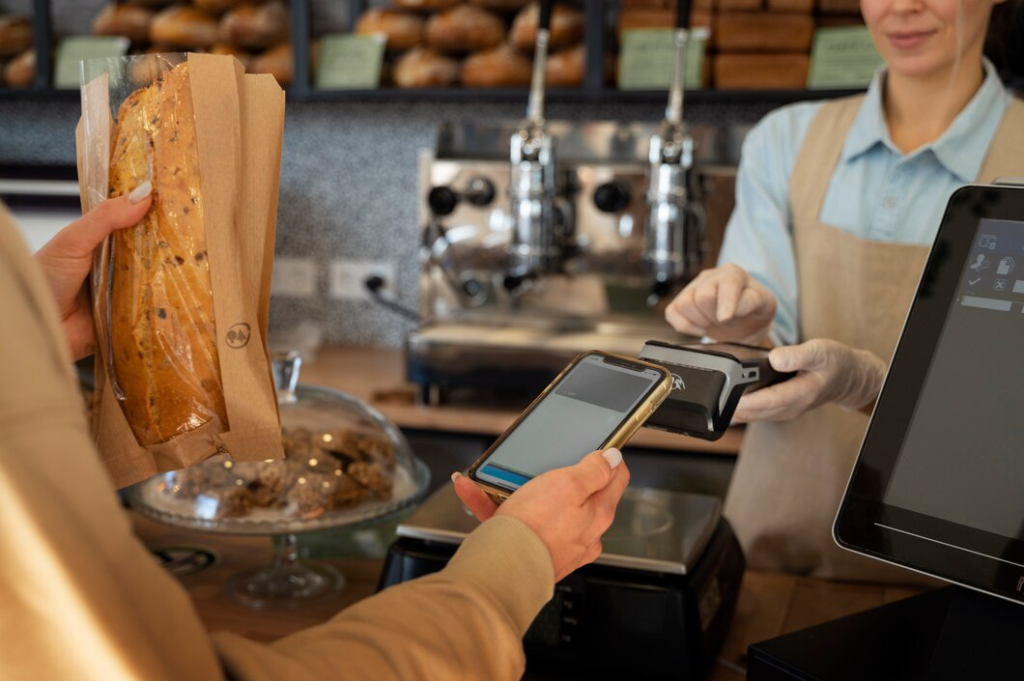POS Systems: Ending Inventory Headaches Forever

Managing inventory is one of the most challenging aspects of running a business. From overstocking and stockouts to manual counting errors, inventory headaches can drain time, energy, and resources. In today’s fast-paced retail and hospitality world, these mistakes aren’t just inconvenient—they can cost businesses significant revenue and even customer loyalty. This is where modern Point of Sale (POS) systems step in to revolutionize inventory management and put an end to those frustrating challenges once and for all.
Why Inventory Management Matters
Inventory is the lifeblood of any retail or hospitality business. Poor management can lead to stock imbalances: too much inventory ties up cash flow, while too little means missed sales opportunities. Traditional inventory systems often rely on manual updates, spreadsheets, or guesswork—all prone to human error. This creates confusion and can lead to lost profits. Businesses need a solution that is accurate, real-time, and automated. That’s exactly what POS systems deliver.
How POS Systems Eliminate Inventory Problems
1. Real-Time Inventory Tracking
One of the biggest advantages of a POS system is real-time inventory tracking. Every time a sale is made, the system automatically updates stock levels. This eliminates the need for manual adjustments and reduces the risk of overselling. You’ll always know exactly how much of each product you have—without the guesswork.
2. Automated Stock Alerts
POS systems can send alerts when inventory falls below a certain level, helping businesses reorder before items run out. This means no more disappointed customers because their favorite product is out of stock. At the same time, it helps prevent overstocking, which ties up capital and storage space.
3. Centralized Inventory Management
For businesses with multiple locations, managing stock across branches can be a nightmare. A cloud-based POS system centralizes all inventory data, so you can track stock levels for all locations from one dashboard. This feature is invaluable for businesses looking to maintain consistency and avoid stock discrepancies.
4. Data-Driven Forecasting
Modern POS systems don’t just track inventory—they analyze sales patterns to predict future demand. This helps you plan smarter, avoid waste, and make informed purchasing decisions. Accurate forecasting means fewer stockouts, reduced excess inventory, and better cash flow management.
5. Barcode Scanning and Accuracy
POS systems integrate barcode scanning, which speeds up checkout and ensures that inventory counts are precise. This reduces human errors that occur during manual stock entry and keeps your records 100% accurate.
The Impact on Business Efficiency
Implementing a POS system does more than fix inventory problems—it transforms the way you run your business. Employees spend less time counting stock and more time assisting customers. Managers can focus on strategy rather than troubleshooting stock issues. With streamlined inventory control, businesses become more efficient, profitable, and customer-focused.
Why It’s Time to Switch
If you’re still relying on spreadsheets or outdated systems, you’re putting your business at risk. Errors in inventory management lead to lost sales, frustrated customers, and unnecessary expenses. A POS system is not just a tool—it’s a solution that gives you control, accuracy, and peace of mind.
Final Thoughts
Inventory headaches don’t have to be part of your business reality. With a smart POS system, you can track stock in real time, forecast demand, and maintain the perfect balance of inventory at all times. The result? Happier customers, lower costs, and a business that runs like clockwork. It’s time to embrace the technology that ends inventory struggles—forever.






